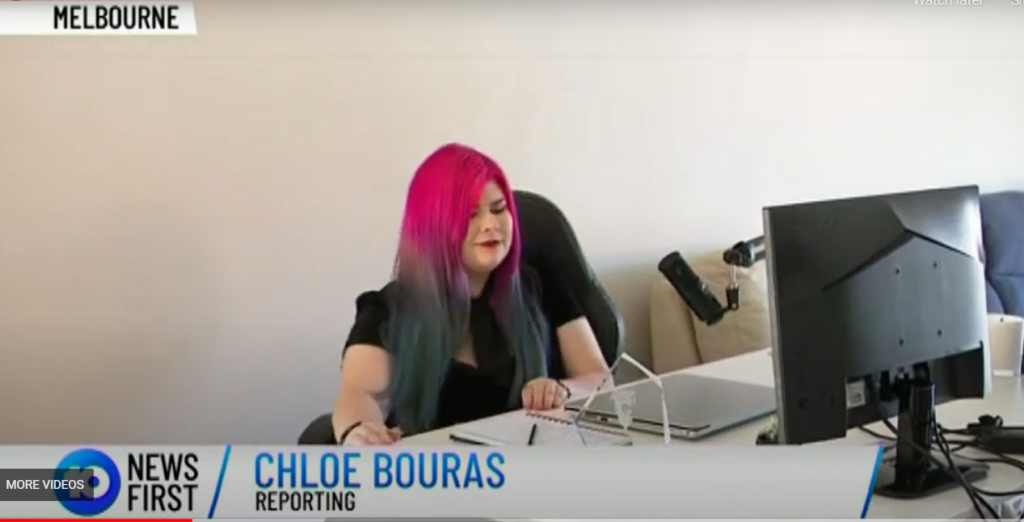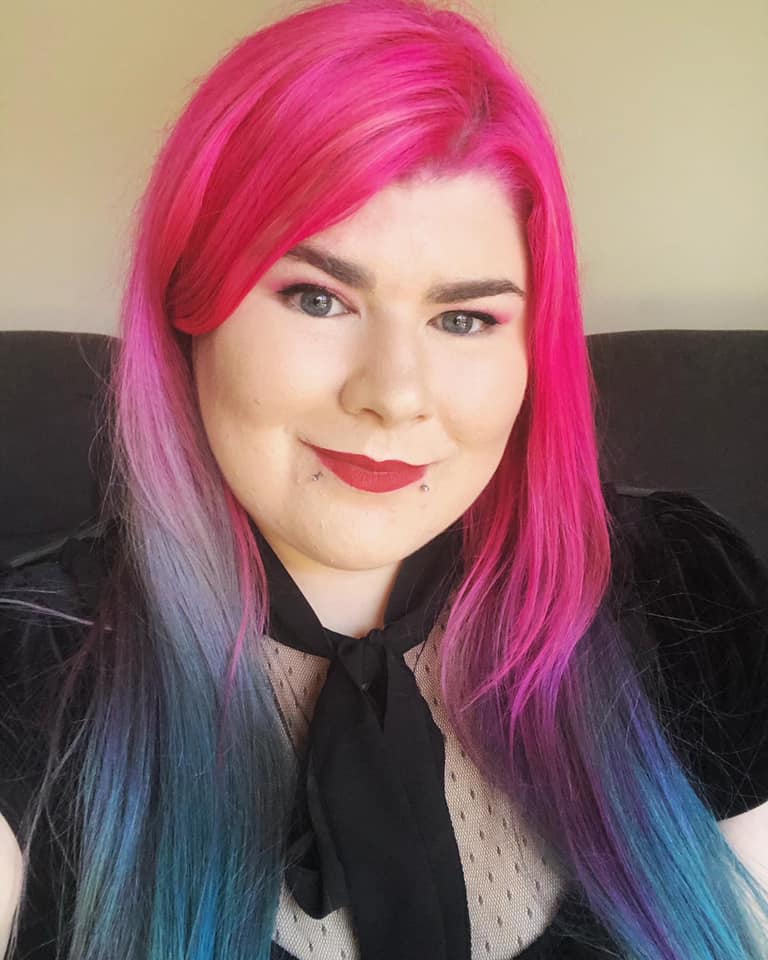By Zoe Simmons
Descriptions of ableism.
Since 2020, the COVID-19 pandemic has wreaked havoc across our communities, in so many ways.
But for a while there, it felt like we—the disabled and non-disabled communities—were all in this
together. With accessibility measures implemented to keep us safe, life became a whole lot easier
for disabled people. Things like Telehealth, work from home, and online events made a huge
difference, allowing many disabled people to better engage in the world around them, often for the
first time in a long time.
Of course, despite how great these measures have been for the disabled community, they weren’t
implemented for our benefit: they were only implemented because the non-disabled community
needed them. Something that’s becoming very clear, now these measures are slowly being taken
away.
When the pandemic began, I didn’t realise I was disabled. I was living with mental illness, chronic
pain and fatigue, but didn’t realise they counted as a disability. I didn’t know much about
accessibility, or that I could ask for it, and I didn’t know why it felt like such a difficult battle, just to
function in a world intended for the able-bodied.
But then lockdowns happened. And while that was awful, it was also my first sweet, sweet taste of
accessibility.
First up was the work from home mandate. I’d been working in an office that was around a 40-
minute drive away—and I didn’t realise how taxing this was until I didn’t have to do it. Suddenly, I
was able to conserve that energy and use it to look after myself. I saved so much time, money and
energy, and was able to better care for myself when I was in pain. I could work in a position that was
comfortable for me, in comfortable clothes, with medication and pain relief within an arm’s reach,
and my pain wasn’t exacerbated by additional movement.
It was an absolute godsend.
So was Telehealth.
Like working in-person, I didn’t realise how much extra strain attending appointments in-person put
on me. Generally speaking, I have multiple medical appointments every week—sometimes, several
in a day. Pre-pandemic, I vividly remember the utter pain and exhaustion of going to a hospital
appointment. I’d have to fight for a parking spot, often only able to get one that was a few
kilometres away. Even just walking to the appointment was agonising and would often result in a pain flare, which felt ironic, considering the appointment was about managing my chronic pain. Doing this multiple times a week was so challenging, but again, I didn’t realise how hard it was until Telehealth was introduced.
Now, I can’t imagine attending every appointment in-person. It would literally be a full-time job,
more so than it already is, leaving me unable to do anything else, including earning an income to pay
for said expensive medical appointments.
Online events were also amazing. I was able to watch a metal concert from the comfort of my living
room, without the hassle of needing to book accessible tickets, travel to a location, battle
inaccessibility and exist with worsening symptoms as a result of the additional movement. I was
even able to speak at a national event, from home!
It’s great that many organisations and events are committed to keeping these accessibility measures
in place—but it also enrages me that they’re being taken away.
And when I wonder why these life-changing measures weren’t implemented sooner, well…it’s the
same reason why these measures are fading: ableism.
We live in a world that largely doesn’t consider accessibility. A world where non-disabled people
often have no clue about what disabled people face, or why these measures benefit us, because
disability isn’t represented anywhere near enough in society. At least, not accurately. When it comes
to disability representation, it’s generally either a narrative of tragedy, or inspiration porn—rather
than highlighting the barriers disabled people face every day, and how even small changes, like the
changes we’ve seen throughout the pandemic, can make a huge difference.
Our voices aren’t heard.
And when we do speak out, we’re often seen as a nuisance. I recently saw an office job advertised
that specified it had to be done in-person. I asked the poster if the location was wheelchair
accessible, or if it could be done remotely, so that disabled people could apply, and of course, I was
met with silence.
We already have limited energy. We already have to face so many additional barriers that the non-
disabled community would never even dream of.
Why does the world insist on making it harder for us to exist?
We matter.
Accessibility matters—and actually, it benefits everybody.
Listen to us, and consider us.
Because even if you don’t see us, we are here.

A photo of Zoe, with Channel 10 News filming her in her house at her accessible workspace. Zoe has white skin, long pink, purple and blue hair, and is wearing a knee-length black dress. She is leaning on a floral print walking stick and standing next to a white leather lounge chair. In front of Zoe is a Channel 10 microphone and film camera.
Author bio: Zoe Simmons is a disabled journalist who’s been published hundreds of times around the globe. She runs her own copywriting and editing business, where she helps businesses and organisations find their perfect words. Zoe is a published poet and author, who is currently working on her first book, which is about her experiences as a disabled journalist—and her community’s survival—in the Black Summer Bushfires. Zoe regularly writes about disability advocacy and speaks to media about chronic pain, business, accessibility and bushfire recovery. Follow her on Facebook, Instagram, Twitter or LinkedIn for more.

